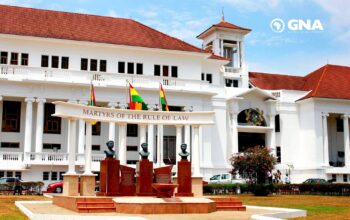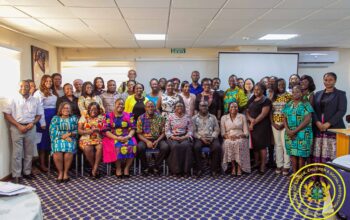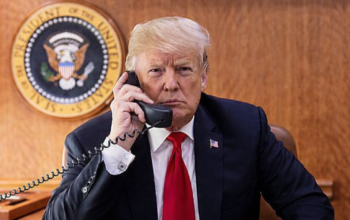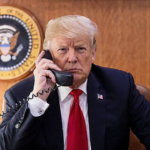
The Volta Creative Arts Foundation, an organization dedicated to empowering creatives, has launched an initiative aimed at promoting social inclusion for individuals with disabilities by helping them achieve economic independence. This initiative, in partnership with the Mawuvi Basketball Fellowship, provided training to the students of the Volta School for the Deaf and Blind in Hohoe.

Over the course of three days, the program focused on teaching valuable skills that could help the participants earn money and sustain themselves both in and out of school. The students received training in beading, crocheting, artwork, and were introduced to basic basketball skills to spark interest in the sport.

Samuel Etornam Kwasi Lavoe, Founder and CEO of the Volta Creative Arts Foundation, emphasized that the initiative aligns with the foundation’s mission to transfer skills into society, particularly to those less fortunate. He stressed that empowering disadvantaged individuals to support themselves is one of the most effective ways to make the world a better place. “Our foundation is made up of creatives from and outside the Volta Region who come together to contribute to society and help those in need,” he stated. Lavoe also appealed to the public to support the beneficiaries by providing materials that would allow them to practice the skills they learned during the program.

Looking ahead, Lavoe shared plans to extend this initiative to other schools for the deaf and blind, aiming to further equip them with practical skills for a better future. The beading classes were led by Prisca Amadi and Grace Kwadzovi, while artwork training was conducted by Patrick Foli Quaye, Prosper Afetormashie (Park the Creator), and Godwin Awlime (Tokz). The crocheting lessons were facilitated by Sherry Akugri, Ezta Mawutor, and Giselle Fombon.

Ezta Mawutor reflected on the experience of teaching the students, noting that it was unexpectedly rewarding. “It has been amazing. Initially, we thought there would be challenges teaching them, but they surprised us by learning faster than we expected. For me, it has been impactful, and I’ve learned a lot from them,” she said.
Dickson Jones Atsu, the Assistant Headmaster of the Volta School for the Deaf and Blind, expressed gratitude for the training, stating that it would help the students “be at par with abled children.” He described the initiative as a valuable addition to the students’ lives, offering them new opportunities for income generation.

Eunice Ansah, one of the students who benefited from the program, shared her excitement about the new skills she had learned. She highlighted how the lack of educational resources for the disabled had made it difficult to acquire formal education, but emphasized the importance of vocational training like bead making and bag making. “I love the program because some of the deaf cannot learn in school but can learn vocational skills. We want the organizers to come again and help us so that in the future we can be perfect and proud of ourselves,” she said.








